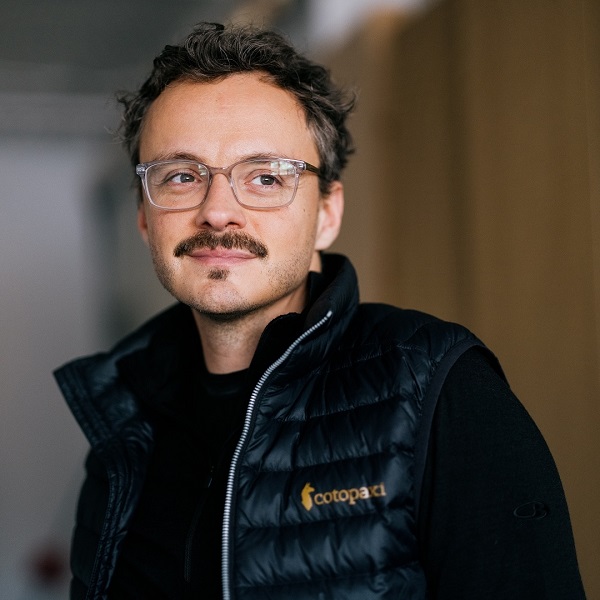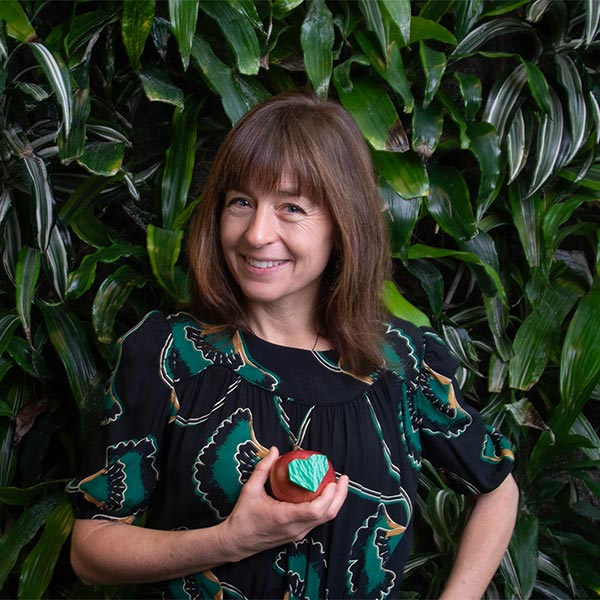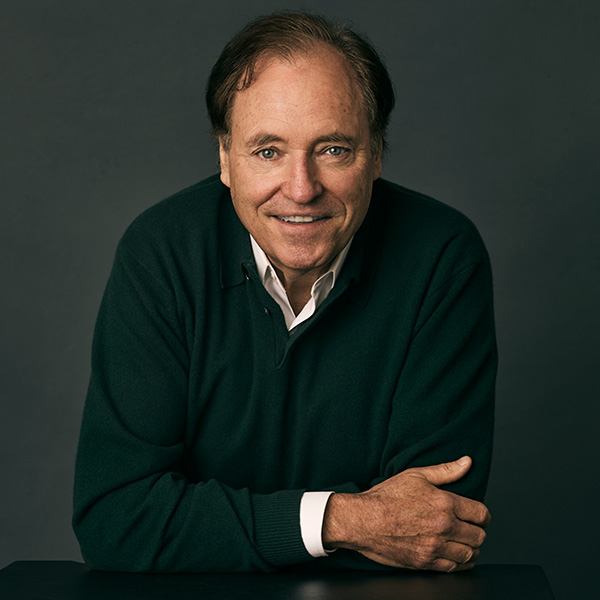For most Canadians, farming is something we zip past on the highway.
We tend to see agriculture as sprawling fields arranged into near rows, tractors pacing the land, silos off in the distance.
But not Jean-Martin Fortier, BA’02.
Since he first studied at McGill’s then-brand new Bieler School of Environment, Fortier has had a different vision of farming. “I was part of the gang [at school] that was studying political science and environmental development and criticizing a lot of what was going on with regard to how we treat the Earth. We were studying environmental science, environmental degradation and reading books about the end of nature and all that. It was very much in my head,” says Fortier.
Upon graduation, he and classmate (and eventual wife) Maude-Hélène Desroches, BSc’02, went to Mexico to work on fair-trade coffee farms, then to New Mexico to learn about earthships — DIY houses made from recycled materials — and organic farming.
And now Fortier runs a farm school funded by a prominent member of Quebec’s wealthy Desmarais family.
How he transitioned from earthships made out of old tires and bottles, to partnering with the chair of the Power Corporation isn’t as strange as it might seem.
Fortier is a pioneer in a movement called market gardening, which advocates for a style of farming that is small in scale, intensive in production and direct in sales. It is a rejection of the idea that it’s Big Agriculture alone that feeds the world. With the market gardening model, farmers plant crops closely together to maximize the yield from small acreage.
Quebec has a long history of direct-to-consumer farming. Équiterre was founded in 1992 by a group that included Steven Guilbeault, who is now the federal heritage minister. At its core, it is a network of “community-supported agriculture” farms, which typically sell weekly and biweekly basket subscriptions to households and restaurants.
Fortier’s approach to agricultural activism was largely forged while working in fair-trade coffee fields.
Fair trade is a movement that seeks to pay farmers in developing nations better prices for their exported products, which enables better labour conditions and environmental standards. “That was where I saw the impact of what I had studied with regards to policy, and what we were fighting for on campus — to get fair-trade coffee in the cafeteria,” he says. “We saw that the communities with fair-trade coffee farms were much better off than those that weren’t involved with fair trade. We went from fighting for something, to fighting for someone and some place.”
After their time in Mexico was up, the young couple furthered their education by volunteering on an organic farm in New Mexico, where they stayed for a couple of years. “That was my first immersion in the world of organic farming, small scale farming, community supported agriculture, farmers market, a local food shed, food sovereignty — all these theories of why local food systems are important. I was seeing them in action, live, and it was really, really cool.”
And then the couple came home.
Since 2004, Fortier and Desroches have owned Les Jardins de la Grelinette, a biointensive farm in southernmost Quebec that makes $100,000 per acre, and which cultivates 1.5 acres of produce. That farm’s operating profit margin hits at about 60 per cent — unheard of in traditional farming. According to Statistics Canada, in 2018 farms’ average operating profit margins stood at 16.1 cents per dollar of revenue.
In his book The Market Gardener, Fortier explains how to establish a successful, organic microfarm. Since its 2014 publication, the book has sold more than 150,000 copies worldwide in 10 languages. In the past decade, Fortier has led workshops on market gardening in 30 countries, and offers an online masterclass for which there is a waiting list. “I’ve helped reshape how young people get into farming across North America and Europe,” he says.
But he wanted more.
He started thinking about how he could further promote the microfarming concept. “I was at that point where I was thinking about starting a farm school myself. I just didn’t have the resources to do it on my own,” he says. In 2015, André Desmarais approached Fortier. Desmarais had been influenced by the Rockefellers, who helped establish the innovative and ecologically minded Stone Barns farm school project 40 minutes north of New York City in the 1990s. “He said, ‘You know, I want to do this for Quebec. I want to have something that will be a spotlight for how farming could be done differently,’” Fortier recalls. “That was my language.”
Fortier and Desmarais visited prospective farms together, eventually settling on a 160-acre piece of land just north of the American border. Just eight acres are farmed, though. Last year, those acres — farmed by 10 people using only their hands and handheld tools — yielded about $650,000 of organic vegetables. The project was documented in two seasons of a French-language TV show, Les Fermiers.
The vegetables grown there get sold to about 25 of Desmarais’ friends — families like the Molsons — as well as to high-end restaurants like Joe Beef and Maison Boulud. But the farm also sells its produce at market rates every weekend at Jean-Talon Market.
Polls have indicated that food security is be one of Canadians’ top concerns, and the pandemic has made that concern even more acute. Fortier’s approach to farming is intrinsically tied to improving food security by shifting some of our dependency on big-box groceries and importation, to community-based supplies and seasonal eating.
For Fortier, though, it’s beginning to matter less that he’s the one who does the work; one day — not too far off in the future, he hopes — he’ll be retired on a beach on the Pacific coast of Mexico. By training the next generation of farmers, he is making sure other people can do it, too.
“It’s not capital-intensive, it’s not land-intensive. It’s just smart farming that can be applied anywhere. And it changes the local food scene, and it can be multiplied — and that’s the whole thing,” he says.


